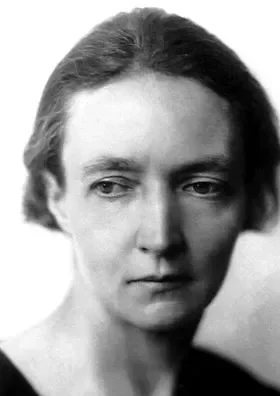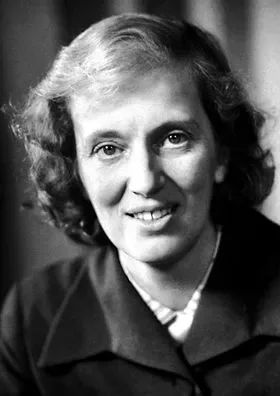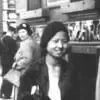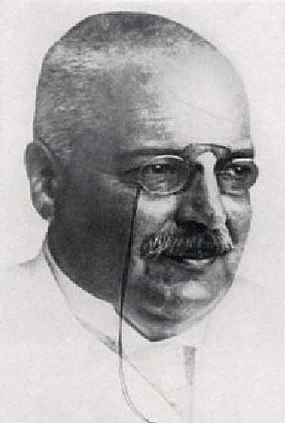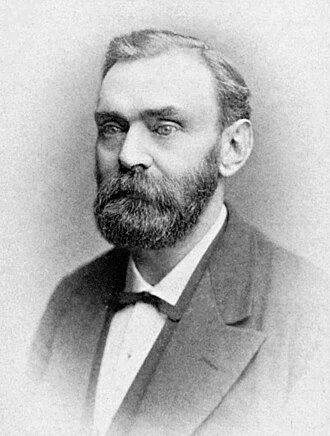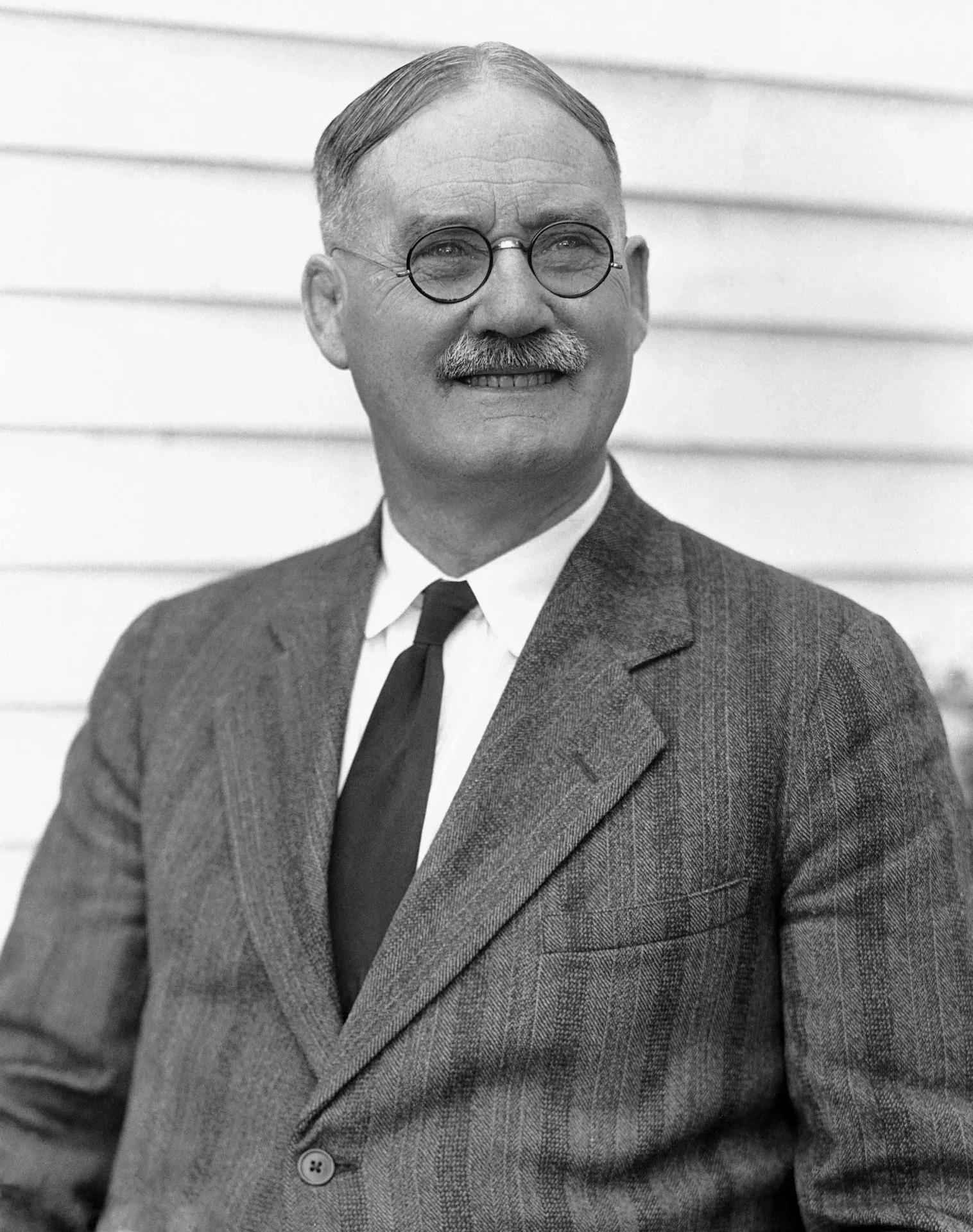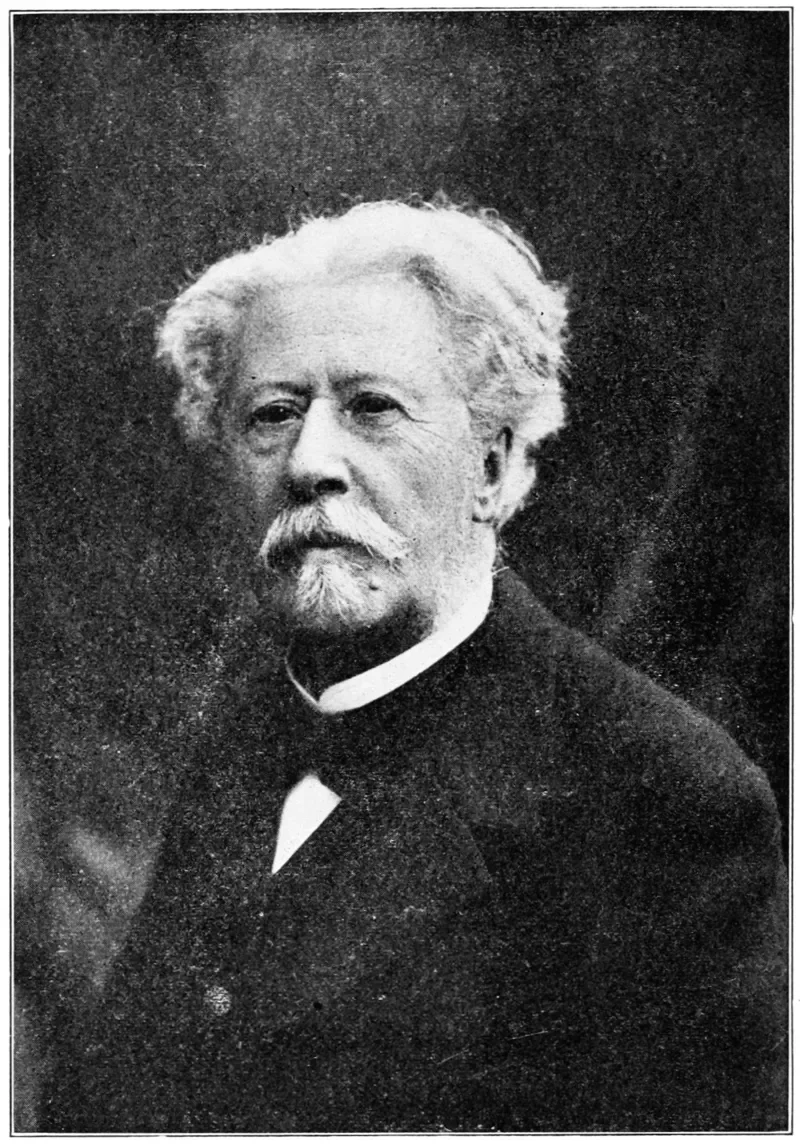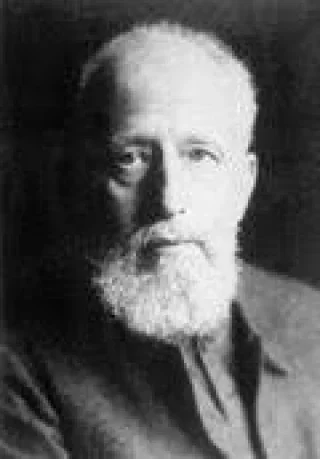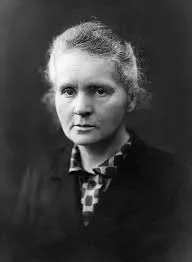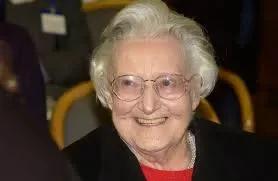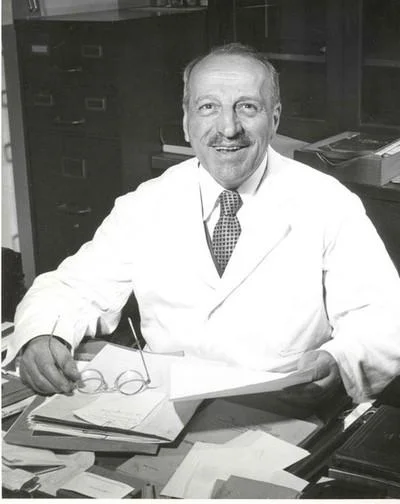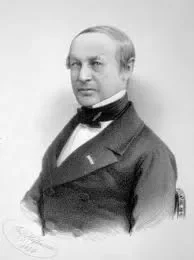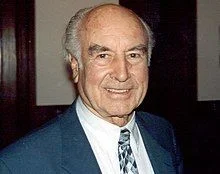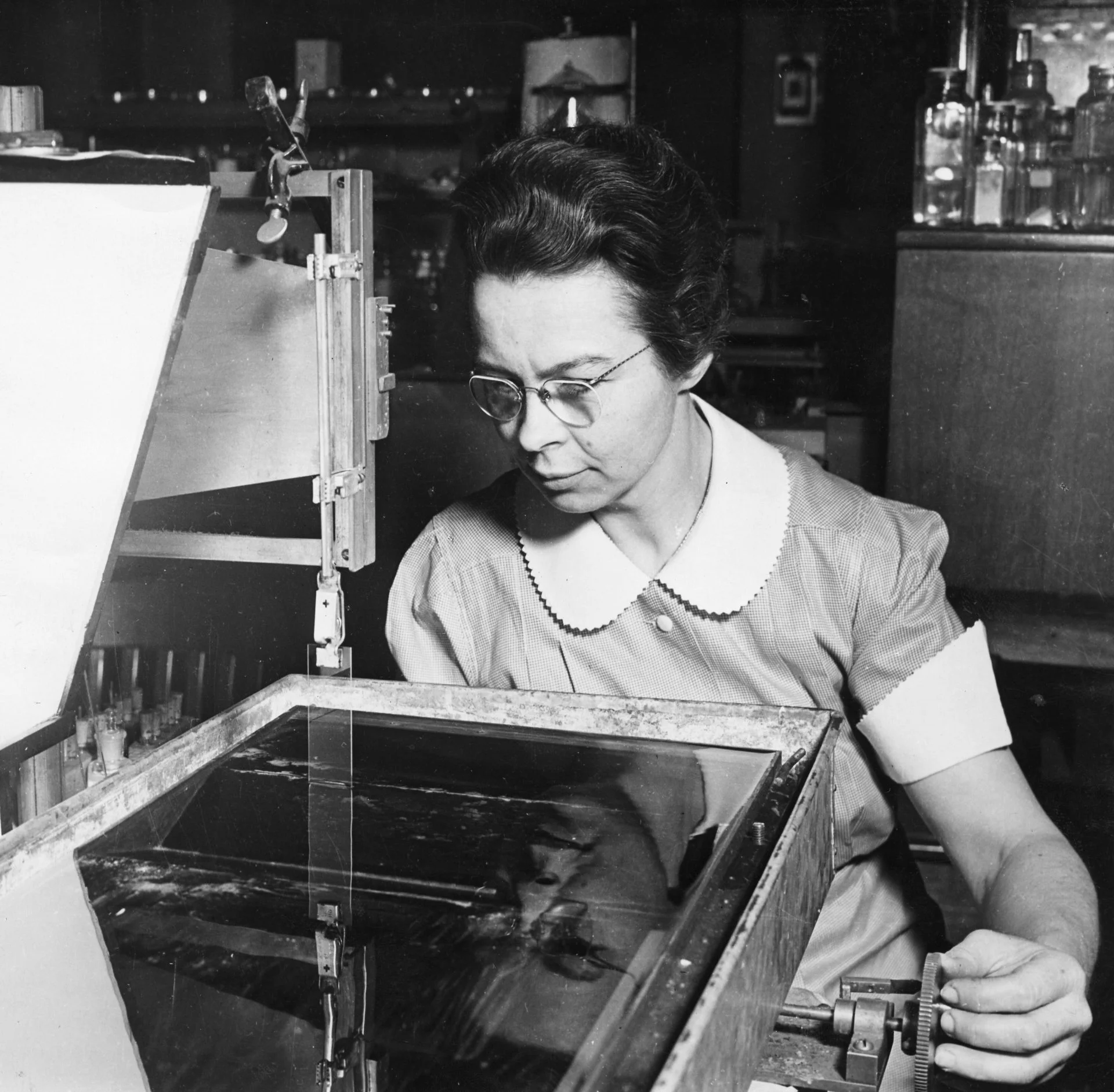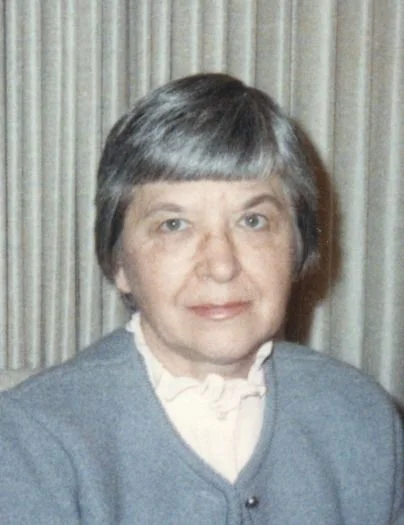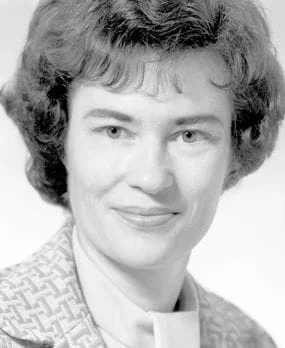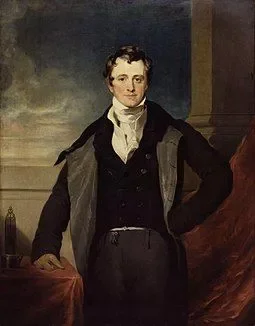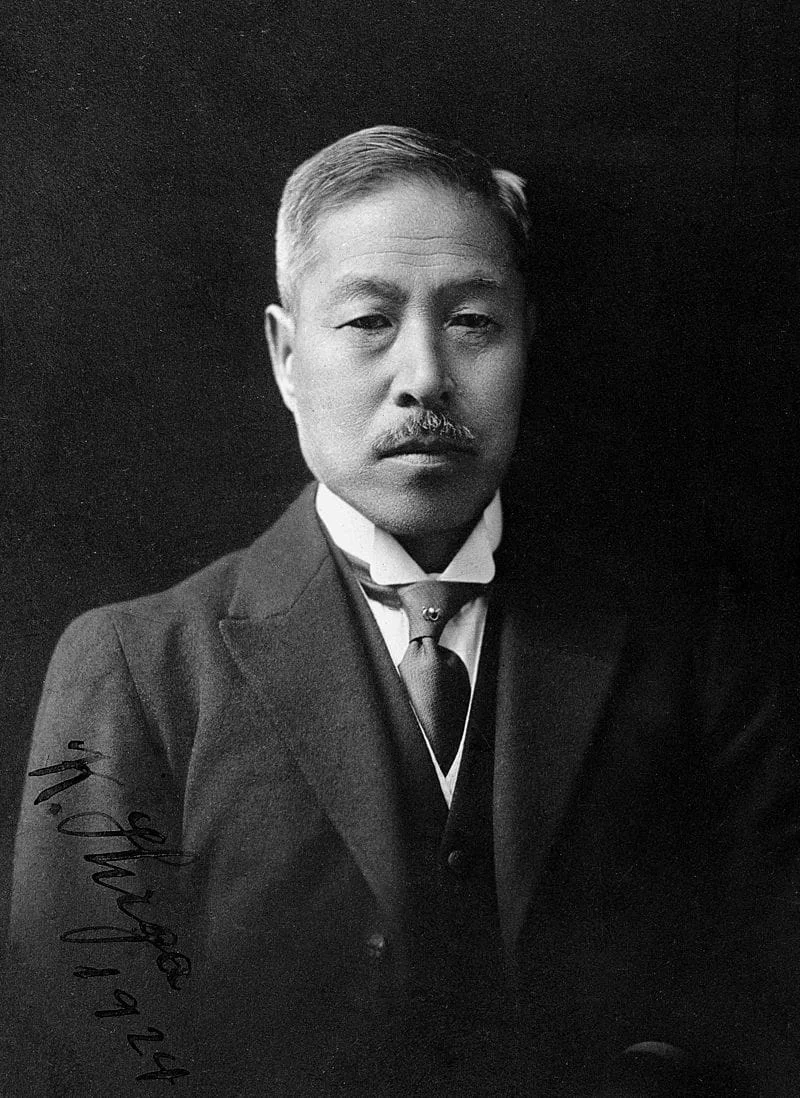Real Celebrities Never Die!
OR
Search For Past Celebrities Whose Birthday You Share
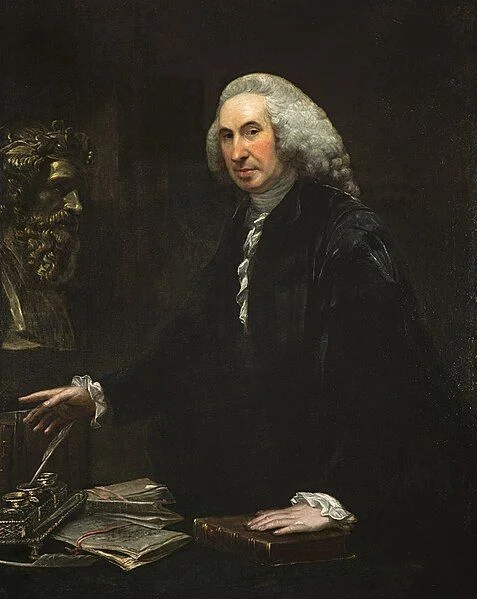
source:wikipedia.org
William Cullen
Birthday:
15 Apr, 1710
Date of Death:
05 Feb, 1790
Cause of death:
Natural causes
Nationality:
Scottish
Famous As:
Academic
Age at the time of death:
79
William Cullen's Quote's
Early Life And Education
William Cullen was born in Hamilton, Lanarkshire on April 15, 1710, and was a Scottish physician. He was also chemist and agriculturist who later become a leading figure in Scottish Enlightenment. His work in artificial refrigeration revolutionized how we preserve food and cool our homes.
William grew up in a family of seven children, with his father working as a lawyer and agent for the Duke of Hamilton. This connection helped Cullen later in life. William attended the old Hamilton grammar school, where he showed a deep interest in learning..
When he was 16, Collen started his academic journey by studying art and mathematics at Glasgow University. Science and medicine captured his interest for the first time here. Cullen acquired hands-on medical experience by working with Glasgow apothecary surgeon John Paisley after completing his university studies.
Adventures And Early Career At Sea
At 19, Cullen pursued a career as a ship’s surgeon driven by a thirst for knowledge and adventure. For a year, he sailed back and forth between London and the West Indies. Through this experience, he learned about different cultures and medical practices.
In 1732, Cullen established a hospital in Lanarkshire, Scotland. He became known as a skilled physician, catching the eye of the Duke of Hamilton, who became his patient and sponsor.
Wonderful Academic Journey
Cullen studied medicine at Edinburgh University from 1734 to 1736. He co-founded the Royal Medical Society during this period, demonstrating his pioneering and innovative qualities. In 1740, Cullen received his medical degree from the University of Glasgow. The next year, he wed Anna Johnstone, and together they had eleven children. Despite having a big family, his work did not slow down.
Pioneering Work In Medicine And Pharmacy
Cullen’s career thrived teaching medicine, chemistry and botany at the Universities of Glasgow and Edinburgh. The students liked him because of his engaging teaching techniques and practical demonstrations.
The University of Edinburgh appointed Cullen as a Professor of Chemistry and Medicine in 1755. In 1756, he conducted his most famous experiment – the first public demonstration of an artificial refrigeration.
The Birth Of Artificial Refrigeration
Cullen observed that when he used a pump to create a partial vacuum over a flask of diethyl ether, the water started boiling and absorbed heat from its surroundings. Consequently a small quantity of ice was also formed. Though not immediately beneficial, this experiment paved the way for future cooling technologies.
Legacy And The Later Years
Cullen’s influence went well beyond the realm of refrigeration. He achieved major progress in comprehending and treating rheumatoid arthritis, as well as creating a novel medical classification system. His impact extended to the Atlantic, with many of his students playing a key role in founding medical establishments in the American colonies.
Cullen held prestigious roles such as President of the Royal College of Physicians and Surgeons and President of the Royal College of Physicians in Edinburgh during his career. Also in 1773, he was assigned as the First Surgeon to the King in Scotland.
William Cullen passed away in Edinburgh on February 5, 1790. The influence he had on science and medicine continues to be felt today. His life’s work illustrates the power of curiosity and scientific precision in making unexpected, world-altering breakthroughs.
Name:
William Cullen
Popular Name:
William Cullen
Gender:
Male
Cause of Death:
Natural causes
Spouse:
Place of Birth:
Hamilton, South Lanarkshire, Scotland
Place of Death:
Edinburgh, Scotland
Occupation / Profession:
Personality Type
Architect: Imaginative and strategic thinkers, with a plan for everything. Cullen has methodical approach to scientific inquiry and innovation. His focus on practical applications of scientific principles made him a visionary in the field of natural sciences.
Cullen is sometimes called the "father of refrigeration," although he did not develop a commercial application himself
Cullen's demonstration of artificial cooling was one of the first recorded instances of refrigeration science
Cullen’s student, Joseph Black, also became a notable chemist who furthered Cullen's work on thermodynamics
He was a key figure in the Scottish Enlightenment, advancing both chemistry and medical education
Demonstrated the principle of artificial refrigeration in 1755
Held prominent academic positions, including professorships at the University of Glasgow and the University of Edinburgh
Made significant contributions to medical education and developed influential classifications of diseases
Published several key medical and scientific treatises, including works on chemistry and physiology

